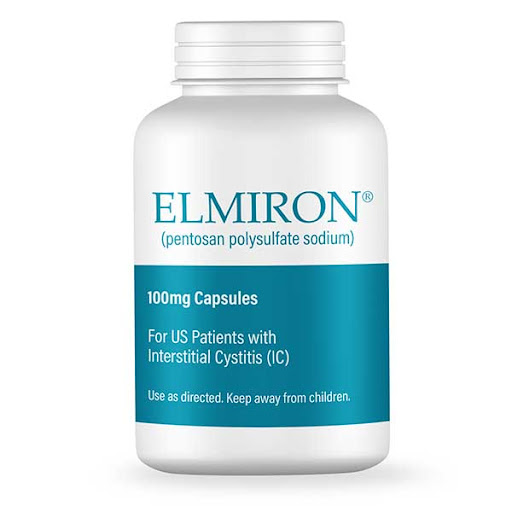 |
| Like plaquenil toxicity, the likelihood of developing PPS maculopathy is dose-dependent, where patients with a high cumulative dose are at the greatest risk. Click image to enlarge. |
Used to treat interstitial cystitis by protecting the bladder wall, pentosan polysulfate sodium (PPS) is now known to cause maculopathy in an estimated 15% of individuals taking the drug. In a new study, researchers monitoring patients with PPS maculopathy reported that disease progression continues despite drug discontinuation. They characterized their findings in a paper published in the American Journal of Ophthalmology this month, noting that progression may be linked with underlying retinal damage.
Twenty-six high-risk patients (>3,000g cumulative dose) were evaluated in the prospective case series after drug discontinuation using near-infrared reflectance, fundus autofluorescence and OCT at baseline and at the final 12-month follow-up visit. The researchers reported several signs of progression from baseline to follow-up:
- Significant disease area expansion in all eyes (median change: 0.42mm/year), as seen on fundus autofluorescence.
- Significant reductions in central macular thickness, inner nuclear layer thickness, outer nuclear layer thickness and subfoveal choroidal thickness.
- New areas of retinal pigment epithelium atrophy in four eyes.
- Size increase of pre-existing atrophic lesions in five eyes.
The researchers suggested that disease progression “may be the result of underlying irreversible pathological alterations such as choroidal ischemia and retinal pigment epithelium impairment.”
They concluded in their paper that “earlier detection of PPS maculopathy is paramount, and may be enhanced by OCT angiography analysis of choriocapillaris flow deficits so that high-risk patients can discontinue exposure even before the development of overt macular toxicity.”
Somisetty S, Santina A, Au A, et al. Progressive pentosan polysulfate sodium (PPS) maculopathy in a prospective cohort. Am J Ophthalmol. 2023. [Epub ahead of print]. |

